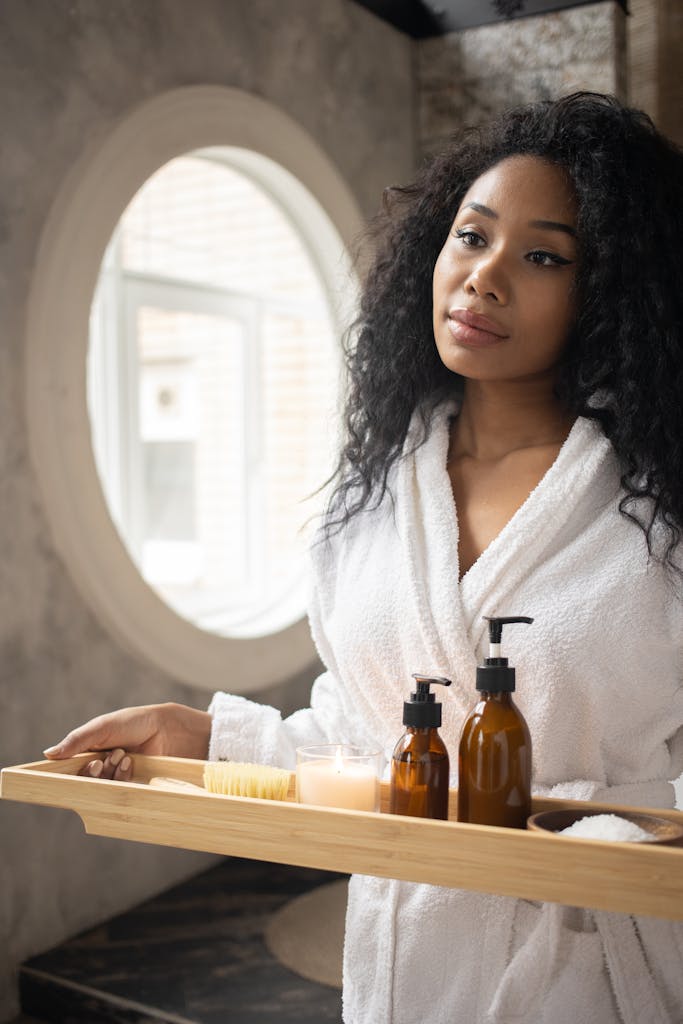
You’re sabotaging your own well-being, and I can tell you exactly why it’s happening. Every time you consider taking a break, getting that massage, or saying no to another commitment, that familiar voice whispers you’re being selfish. I’ve never seen anyone struggle more with guilt than high-achievers who’ve been conditioned to believe their worth depends on constant giving. Here’s what’s really behind that crushing feeling, and more importantly, how you can finally break free from it.
Understanding the Root Causes of Self-Care Guilt
Guilt around self-care doesn’t appear out of nowhere – it’s deeply rooted in messages you’ve absorbed throughout your life about what makes you worthy, valuable, and “good.” I can tell you from working with countless people who struggle with this issue that the guilt typically stems from three main sources: childhood conditioning that equated your worth with how much you gave to others, cultural messages that glorify busyness and sacrifice, and personal beliefs that label self-care as selfish or indulgent.
These patterns run deep. You learned early that good people put everyone else first, that rest equals laziness, and that taking time for yourself means you’re failing others. These beliefs didn’t develop overnight, and they won’t disappear without intentional work to identify and challenge them. This internal struggle is particularly intense because humans are hardwired for connection, making any attempt to prioritize yourself feel like you’re betraying your natural instincts to care for others.

Reframing Self-Care as a Responsibility, Not a Luxury
One of the most powerful shifts you can make happens when you stop viewing self-care as something you earn and start recognizing it as something you owe – to yourself and everyone around you.
I can tell you from experience, when you neglect your physical health, mental clarity, and emotional stability, you’re not being noble. You’re being irresponsible. Think about it: would you let your phone battery die during an important business call? Of course not.
Your energy, focus, and resilience are your most valuable assets. When you skip meals, sacrifice sleep, or ignore stress signals, you’re compromising your ability to lead effectively. I’ve never seen someone make their best decisions while running on empty. Self-care isn’t selfish – it’s strategic preparation for the demands ahead.
In our fast-paced world where work deadlines and family responsibilities constantly compete for attention, taking small steps forward in prioritizing your well-being can lead to significant changes in how effectively you show up for everything that matters.
Setting Boundaries Without Apologizing
Understanding self-care as a responsibility naturally leads to the next challenge: protecting that commitment when others push back. I can tell you from experience, the moment you start prioritizing yourself, someone will test those boundaries. They’ll guilt-trip you, make demands on your time, or act hurt when you say no.
Here’s what I’ve learned: stop apologizing for protecting your well-being. When you say “I’m sorry, but I can’t work late tonight,” you’re undermining your own authority. Instead, try “I won’t be available after 6 PM.” Period. No explanation needed.
I’ve never seen boundaries work when they come with apologies. Apologies signal that you think you’re doing something wrong. You’re not. When you consistently compromise your boundaries, you risk emotional numbness and disconnection from what truly matters to you.
Creating a Sustainable Self-Care Routine That Works for You
Most people fail at self-care because they’re trying to follow someone else’s blueprint. I can tell you from experience, copying Instagram influencers’ morning routines won’t work if you hate waking up early. Your self-care routine must fit your actual life, not some fantasy version.
Start with what you genuinely enjoy. If bubble baths stress you out, don’t force them. Maybe you recharge by walking your dog or listening to podcasts while cooking. I’ve never seen someone stick to self-care activities they secretly resent.
Build small habits first. Five minutes of stretching beats an hour-long yoga class you’ll skip. Schedule self-care like any important meeting, but keep it realistic. Your routine should energize you, not become another source of guilt when you inevitably miss days.
Consider starting with a simple gratitude journal to focus on the positives in your life, as this practice can boost your mood and help you develop a more consistent self-care habit.

Handling Criticism and External Pressure About Your Self-Care Choices
The moment you start prioritizing yourself, someone will have an opinion about it. I can tell you from experience, the criticism comes fast and hard. Your boss questions your boundaries, family members guilt-trip you about “me time,” and friends make snide comments about your spa days or gym sessions.
When you confidently own your choices, you hold the power. Don’t justify, don’t apologize, don’t shrink. Simply state your position and move forward.
I’ve never seen someone regret protecting their well-being, but I’ve witnessed countless people crumble under others’ expectations. Your self-care isn’t selfish—it’s strategic. You can’t lead effectively or support others when you’re running on empty.
Use the “Says Who?” method to question where these critical voices about your self-care are actually coming from—often they’re just borrowed expectations that have nothing to do with your authentic needs.
Conclusion
You’ve learned to challenge those guilty thoughts, set boundaries without apology, and build a sustainable routine that actually works. I can tell you from experience, the criticism won’t disappear overnight, but you’ll handle it differently now. Your self-care isn’t selfish—it’s essential. When you take care of yourself first, you show up better for everyone else. Stop apologizing for meeting your needs. You deserve this investment in yourself.





Leave a Reply